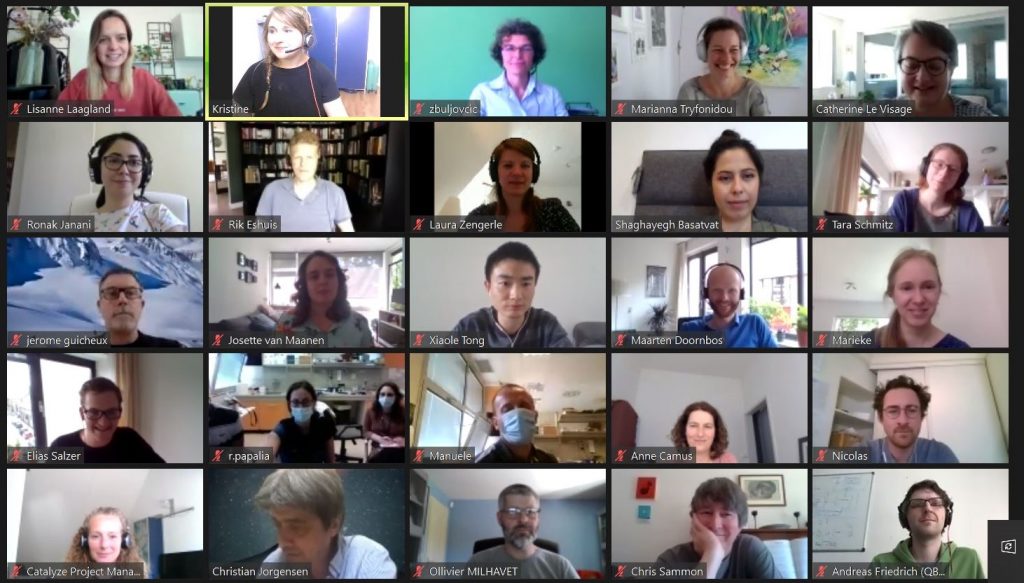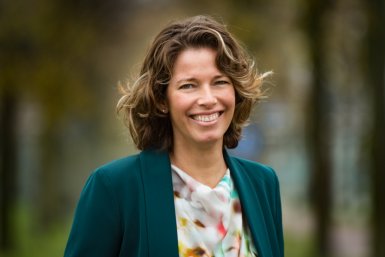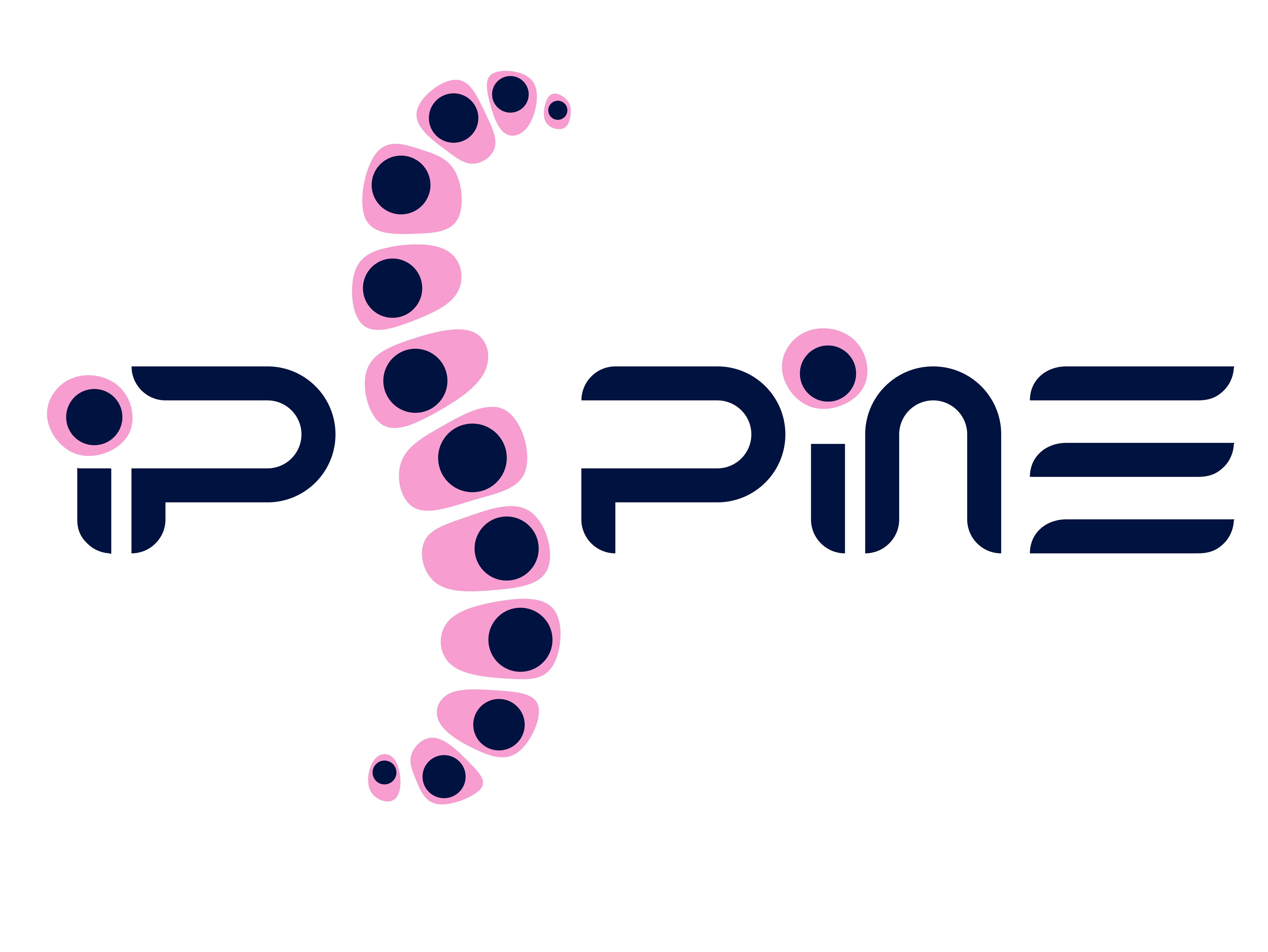The ugly, bad and good side of COVID-19 for iPSpine PhDs and post-docs

How are PhD students and post docs of iPSpine all around Europe affected by the current global pandemic?
Everyone is affected by the measurements taken by various states to prevent spreading of the SARS-CoV-2 virus, including members of international research consortia such as iPSpine. In our consortium, there are experts from universities and companies from many European countries, but also from the US and China that are involved. The sudden measurements taken by individual countries had drastic consequences on everyone’s daily working life. For example, PhD students and post docs could no longer work in the laboratories. “The lab closed on March 16. We had to stop all ongoing experiments and leave our precious iPS cells in the freezers.” – Nicolas, University of Nantes.
Lab-based work could not be carried out for quite some time, and even now most universities and companies are still restricting access to laboratories. “My experiments are delayed by 3 months or more. Since my project is planned in a step-by-step way, this 3-month delay now pushed everything back.”, says Tara Schmitz, who’s working on a biomaterial at the Eindhoven University of Technology.

Making it Work
But how did we, the iPSpine researchers, manage to continue and work towards the deadlines? Everyone had figure out how it feels to work from home, where the borders between free-time and work are basically gone. “I tend to relate my home with relaxing and being in peace, and turning my personal space into my new working environment was not an easy task” said Georgina Targa, a PhD student in Abhay Pandit’s lab in Galway. On the other hand, Isma Liza Mohd Isa, a post-doc in the same lab, is “glad to have spent all that time with my children and husband at home, which makes me feel safe and mentally strong.”
In the beginning it was still relatively easy to maintain a routine, but in the meantime flexible working hours became the norm. Elias Salzer, a PhD student in Keita Ito’s lab, wasn’t used to working from home: “I had to set up my ‘new office’ for an undefined time on the kitchen table, I brought an extra screen from the university. Now I have a sort of multi-purpose apartment where I can exercise, work, live and spend my free time – very different locations in my life before corona. But now I even know the best YouTube channels to work out from home”.

‘Business-as-usual’ changed from producing new data to analyzing existing data, from working mainly in the lab to working mainly on the computer from home. This allowed PhD students and post docs to work very focused on projects that require a lot of reading and writing, such as literature reviews or planning experimental work and discussing with other partners in the consortium. Nicolas Vedrenne, a post doc working in Jerome Guicheux’s group said: “Locked in my apartment, I dove into a bibliography with the idea of writing a review or at least a draft for the exit of the lockdown. Times of intense work and reading activity took place. Nevertheless, there were also periods when the video games attracted me more than my computer (I advise the game “No Man’s Sky” for a next lockdown).”
“Big international conferences, booked holidays, and family visits had to be cancelled. I grew up in Austria and I’m doing a PhD in the Netherlands. I haven’t seen my family and friends in Austria for quite some time now and I’m really looking forward to an in-person meeting instead of video calls”, said Elias.
The meeting culture has also changed a lot, going from discussing new data, to experimental planning, interpreting existing data, generating new research ideas. We got used to seeing everyone’s apartment in the background and you can spot plant lovers immediately. In an international consortium it is very common to meet online due to geographical distances. Marianna Tryfonidou, lead investigator of iPSpine, Utrecht University, mentioned: “We had even more time available for international online meetings within iPSpine, which was helpful for in depth scientific discussions and planning of multi-disciplinary research activities. I enjoyed taking this time to interact and feed my scientific soul”.
Towards the Future
In the last weeks, the amount of people with the office in the background increased, but online conferences remain the norm. Labs are slowly opening again all-around Europe: “I can’t wait to see my cells again!”, says Nicolas, who is looking forward to thawing his cells and continuing his research.
However, this extraordinary situation surely influenced many researcher and master student’s decision if they would like to stay in academia or not after iPSpine. The crisis also highlighted the local and global impact of scientists, and has encouraged Isma and Georgina to pursue a long-term career in the healthcare community.
Marianna Tryfonidou looks positive into the future: “COVID-19 has been a disruptor that forced us to work differently. We should re-integrate the positive experiences to the “new-norm” and continue with our endeavor within iPSpine in addressing challenges and bottlenecks of advanced therapies of the future”.
iPSpine is funded by the European Union’s Horizon 2020 programme to fund research that improves knowledge, testing, and exploitation platforms that address the future of advanced therapies in Europe. This project has received funding under grant agreement No 825925 and is coordinated by Professor Marianna Tryfonidou at Utrecht University.


